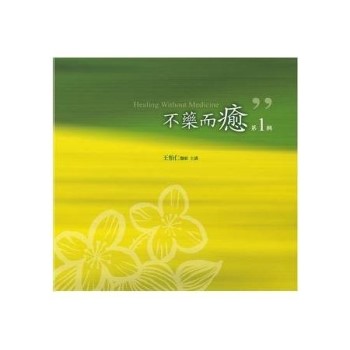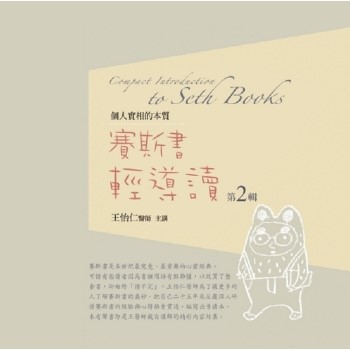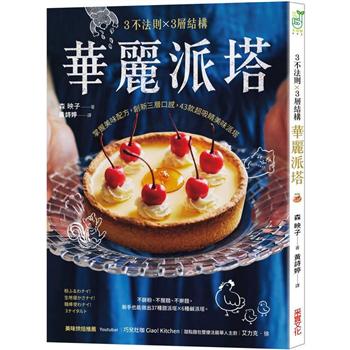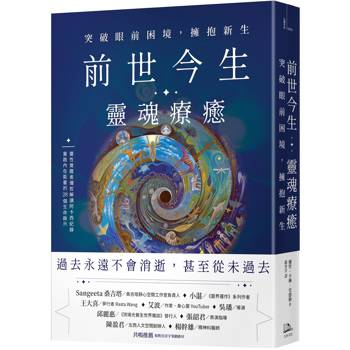| FindBook |
|
有 1 項符合
the rebirth of the moral self:the second generation of modern confucians and their modernization discourses的圖書 |
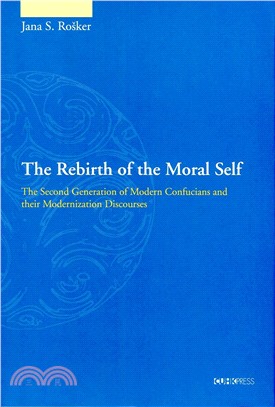 |
$ 1530 | The Rebirth of the Moral Self:The Second Generation of Modern Confucians and their Modernization Discourses
作者:Jana S. Rošker 出版社:香港中文大學出版社 出版日期:2016-01-01 規格: / 精裝 / 296頁  看圖書介紹 看圖書介紹
|
|
|
- 圖書簡介
The Confucian revival which manifests itself in the Modern Confucian current, belongs to the most important streams of thought in contemporary Chinese philosophy. The Rebirth of the Moral Self introduces this stream of thought by focusing on the second generation Modern Confucians— Mou Zongsan, Tang Junyi, Xu Fuguan and Fang Dongmei. These scholars argue that traditional Confucianism, as a specifically Chinese social, political, and moral system of thought can, if adapted to the modern era, serve as the foundation for an ethically meaningful modern life.
- 作者簡介
Jana S. Rošker is Professor and Head of the Department of Asian Studies at the University of Ljubljana, Slovenia. She received her Ph.D. from University of Vienna and carried out her post-doctoral research at the Center for Chinese Studies in Taipei, Taiwan. In 2013, she obtained the national prize for extraordinary scientific achievement, granted by the Slovene National Research Agency (ARRS). She is chief editor of the journal Asian Studies, which has been published by her department since 1998. She is also the founder and current president of the European Association of Chinese Philosophy (EACP).
- 名人/編輯推薦
In this most timely monograph, Jana S. Rošker is visionary in anticipating the role Confucianism might serve as a world resource in reshaping a newly emerging cultural order for our own time and place. She brings the complexity and heterogeneous nature of the philosophical contributions of the second generation of Modern Confucians into clearer focus, and documents the inspiration their discourses have given contemporary scholars engaged in the revival of Confucianism as integral to the task of formulating a new Chinese post-Weberian modernization. It is this alternative model of modernization with its Confucian values grounded in a robust and nuanced conception of moral person that might give our world an antidote to the ideology of liberal individualism.
—Roger T. Ames, University of Hawai‘i at Mānoa
It is a contested question: How did modern Chinese Confucians think about the relations between Confucian tradition and modern culture? This book thematizes the modernization project of the second generation of modern New Confucianism from a philosophical perspective. As sinologist, Jana S. Rošker shows her familiarity with the related literature, both in Chinese and Western languages. As philosopher, she demonstrates her excellent competence in philosophical analysis and interpretation. This book is a rare and desired combination of substantive scholarship and rigorous philosophical analysis. With it she has made an essential contribution to the study of modern Confucianism.
—Ming-huei Lee, Academia Sinica, Taipei
|
